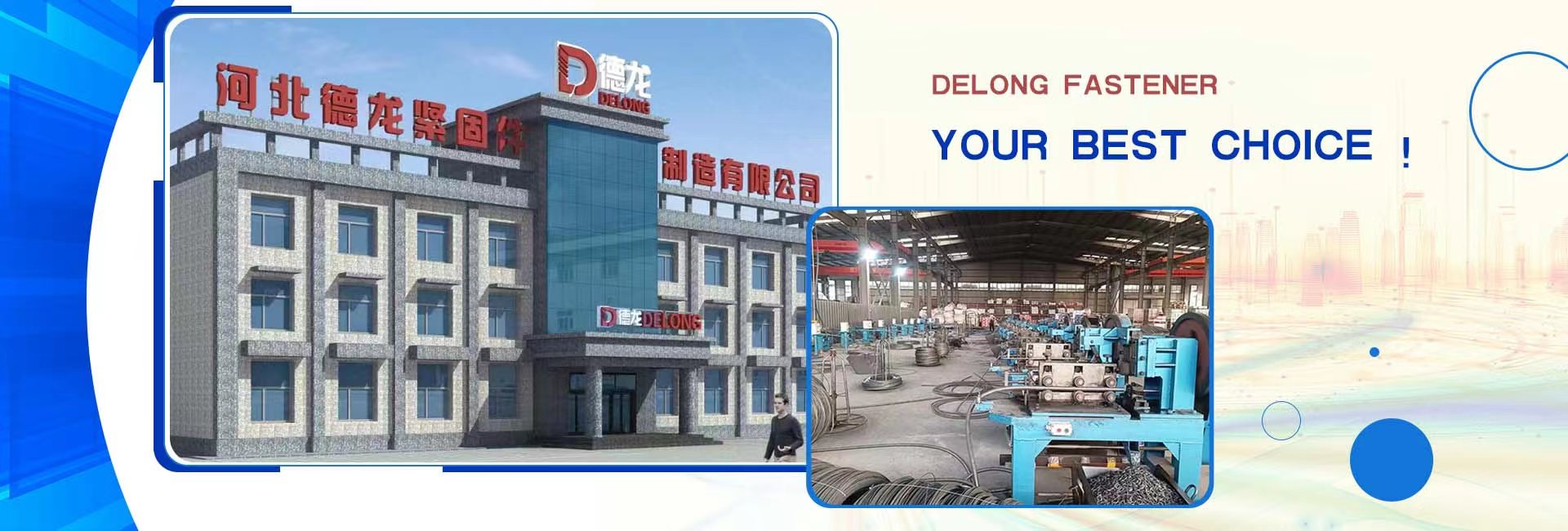flat washer purpose factories
The Purpose and Importance of Flat Washers in Industrial Applications
Flat washers are simple yet essential components used extensively in various industries. Their primary purpose is to distribute the load of a fastener, such as a bolt or screw, over a larger surface area. This action helps to prevent damage to the workpiece and ensures a secure, stable connection. The significance of flat washers extends beyond mere load distribution; they also provide several additional benefits that enhance the performance and longevity of mechanical assemblies. In this article, we will explore the purpose of flat washers, their applications, and the factors that influence their manufacturing in factories.
Load Distribution
One of the main functions of a flat washer is to distribute the load of a fastener evenly across a surface. When a bolt or screw is tightened, it creates a force that can lead to deformation in softer materials. By placing a flat washer beneath the head of the fastener, the load is spread over a wider area, reducing the likelihood of damage to the surface below. This characteristic is particularly crucial in applications involving softer materials like aluminum or plastics, where excessive pressure can lead to warping or cracking.
Surface Protection
Flat washers also serve as a protective barrier between fasteners and the materials they are fastening. For example, using a flat washer helps prevent the fastener from digging into the surface of softer substrates, which could lead to wear and tear over time. This protective function extends the life of both the fastening component and the material being fastened, making flat washers an essential choice in many assembly applications.
Vibration Reduction
In environments where machines operate under vibration and movement, flat washers can help absorb some of that energy. When installed correctly, they can reduce the likelihood of loosening due to ongoing vibrations, ensuring that the connection remains secure. This is particularly important in automotive and aerospace applications, where high levels of vibration can be detrimental to the integrity of mechanical assemblies.
flat washer purpose factories

Corrosion Resistance
Flat washers come in various materials, including metals like stainless steel, brass, and carbon steel, as well as non-metallic options like nylon. The choice of material significantly affects their performance in different environments. For instance, using stainless steel washers in outdoor settings helps prevent corrosion and rust, ensuring longevity even under harsh conditions. This versatility of materials allows factories to cater to specific needs based on environmental conditions and application requirements.
Manufacturing Considerations
The production of flat washers in factories involves various processes, including stamping, machining, and surface finishing. Manufacturers must consider factors such as material selection, washer thickness, and surface treatment to meet industry standards. Precision in manufacturing is critical; variations in size or strength can affect the performance of the washers in applications where reliability is paramount.
Moreover, as industries evolve, there is a growing demand for customized flat washers to meet specific requirements of complex projects. Factories are increasingly adopting advanced technologies, such as CNC machining and automated presses, to improve efficiency and produce washers that meet precise specifications.
Conclusion
In summary, flat washers are indispensable components in numerous industrial applications due to their ability to distribute loads, protect surfaces, reduce vibration, and resist corrosion. As factories continue to innovate in manufacturing processes and materials, the demand for high-quality flat washers will likely grow. Understanding the purpose and function of flat washers not only helps in selecting the right components for an assembly but also highlights their vital role in ensuring the safety and longevity of machinery and structures across various sectors.
-
Top Choices for Plasterboard FixingNewsDec.26,2024
-
The Versatility of Specialty WashersNewsDec.26,2024
-
Secure Your ProjectsNewsDec.26,2024
-
Essential Screws for Chipboard Flooring ProjectsNewsDec.26,2024
-
Choosing the Right Drywall ScrewsNewsDec.26,2024
-
Black Phosphate Screws for Superior PerformanceNewsDec.26,2024
-
The Versatile Choice of Nylon Flat Washers for Your NeedsNewsDec.18,2024










